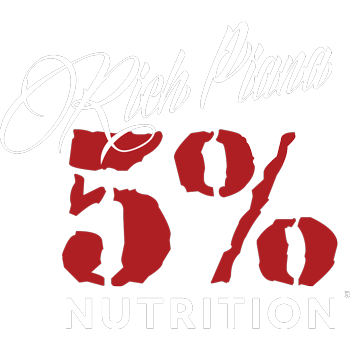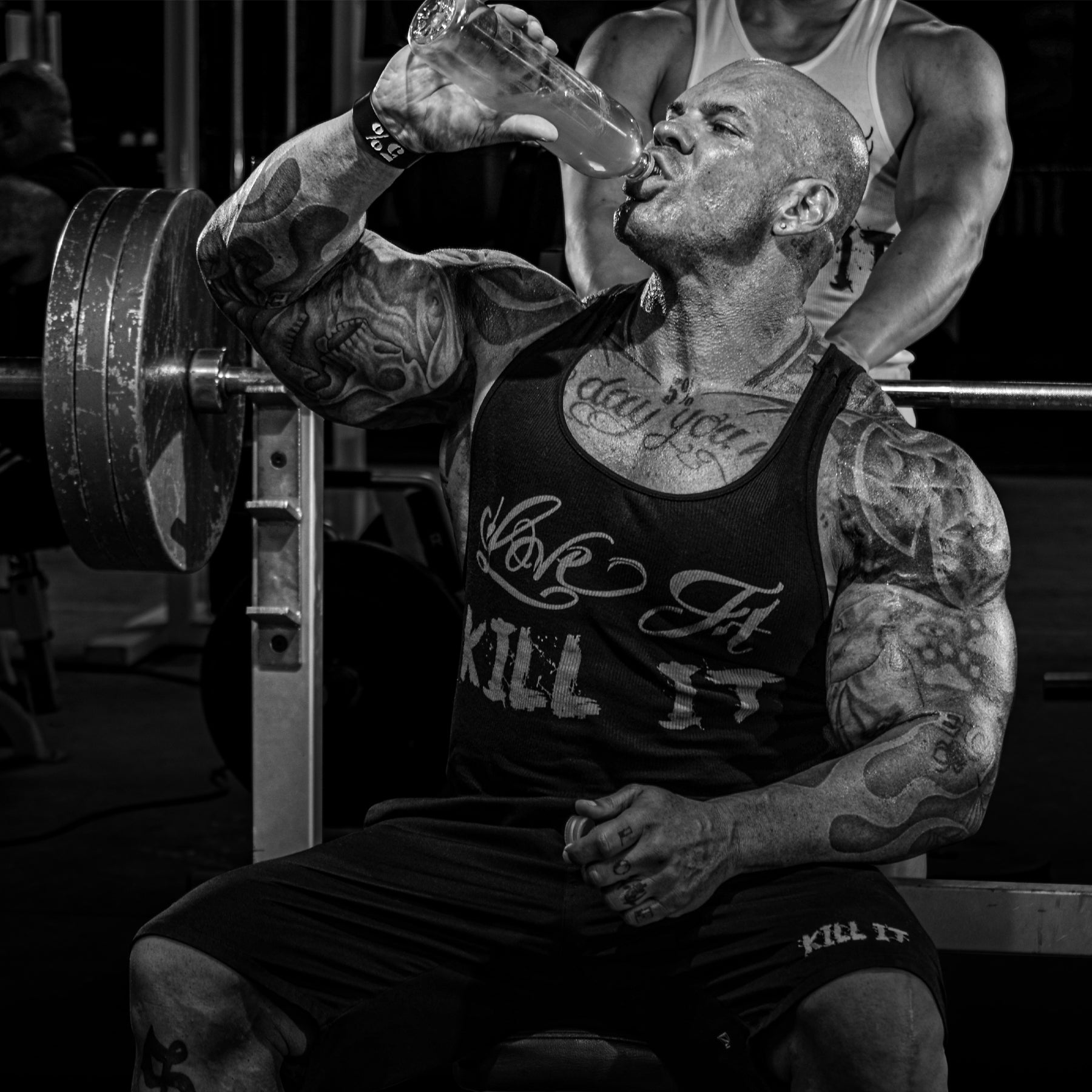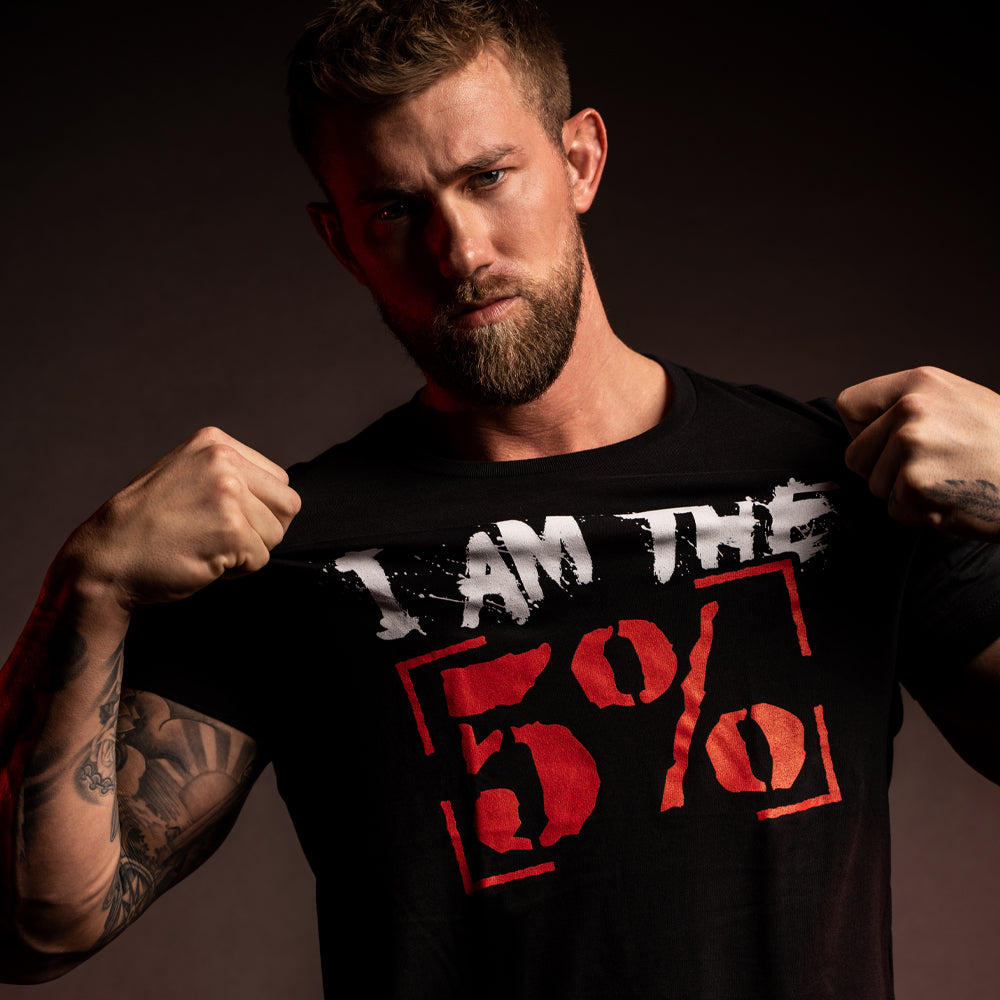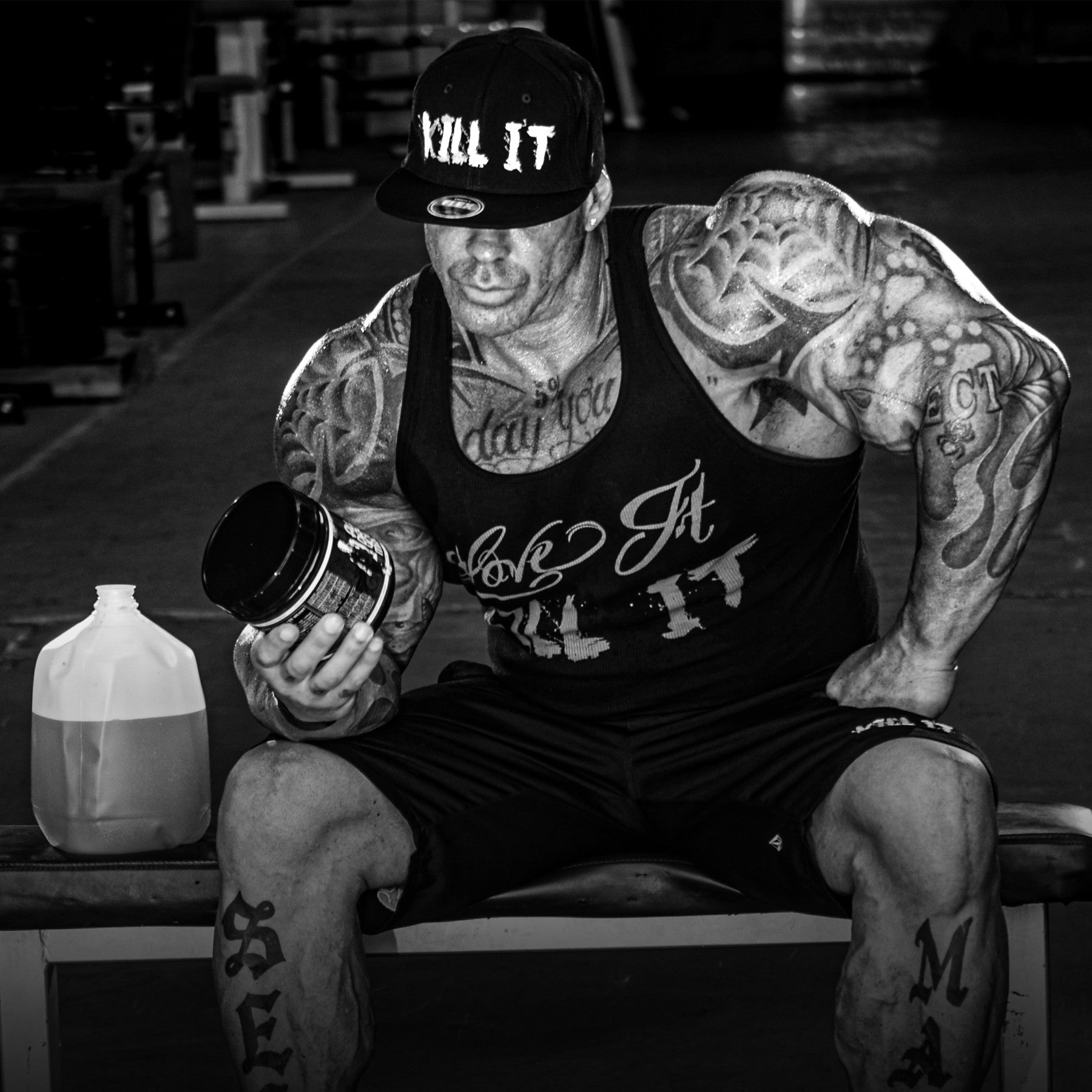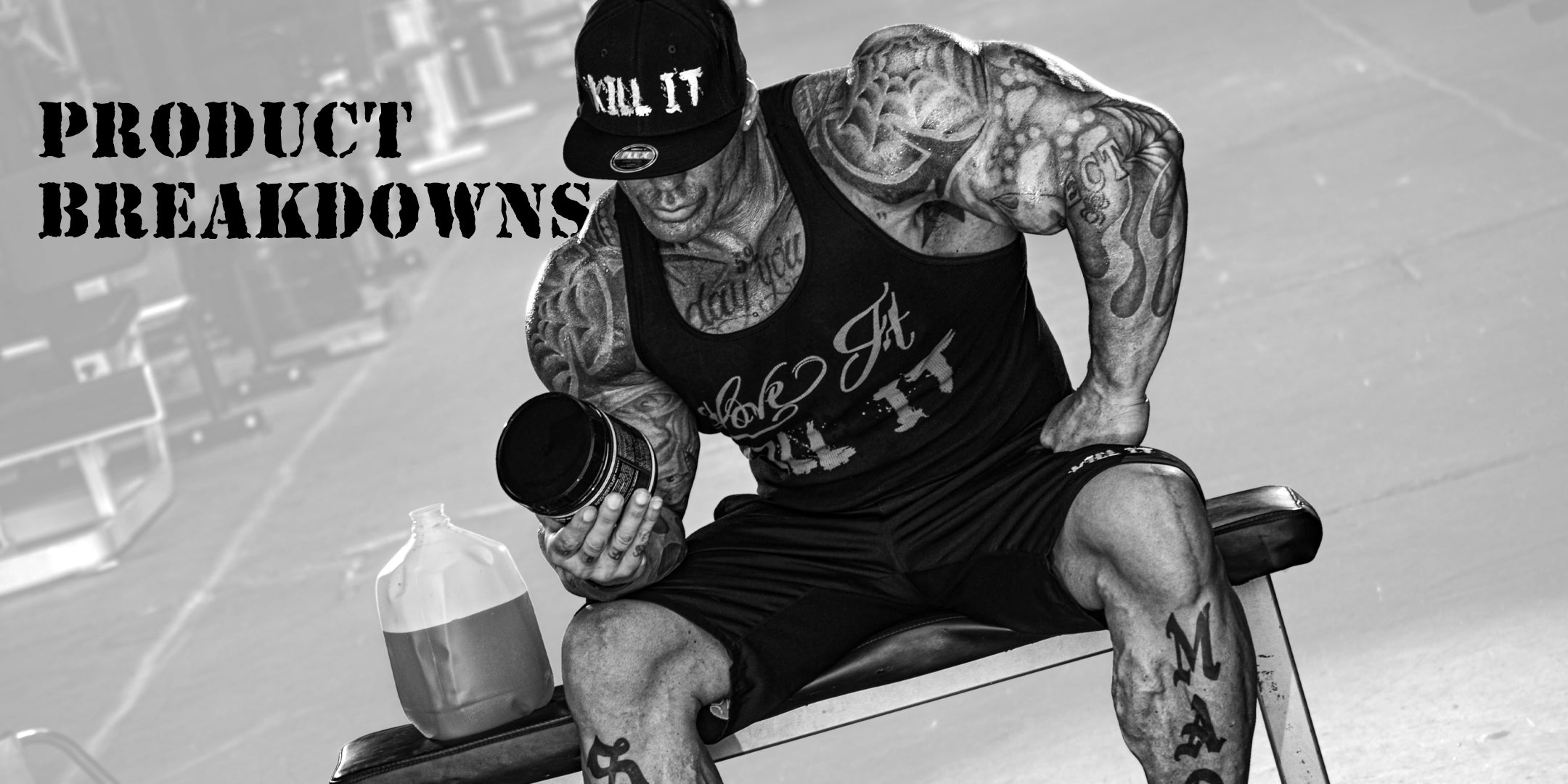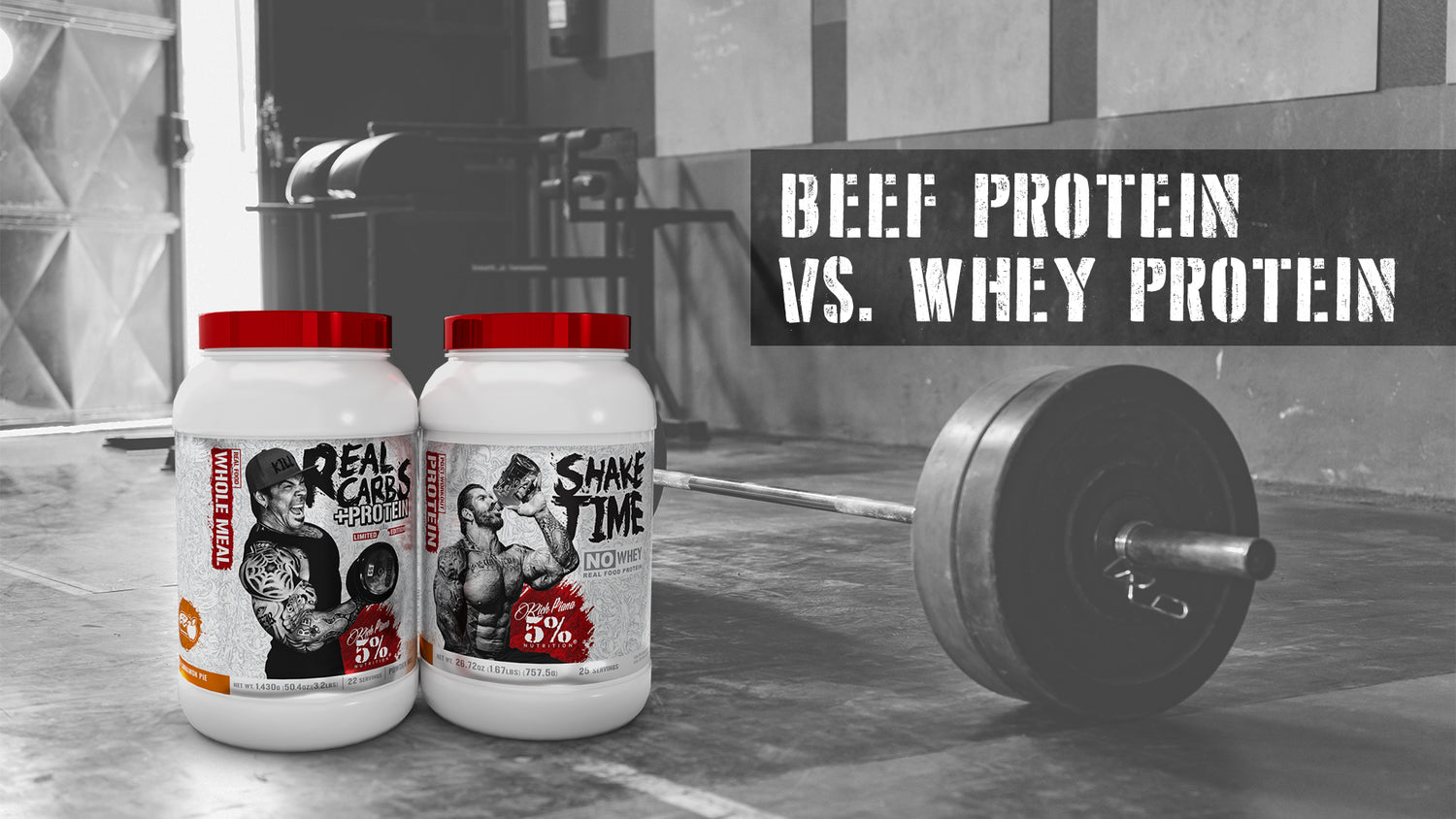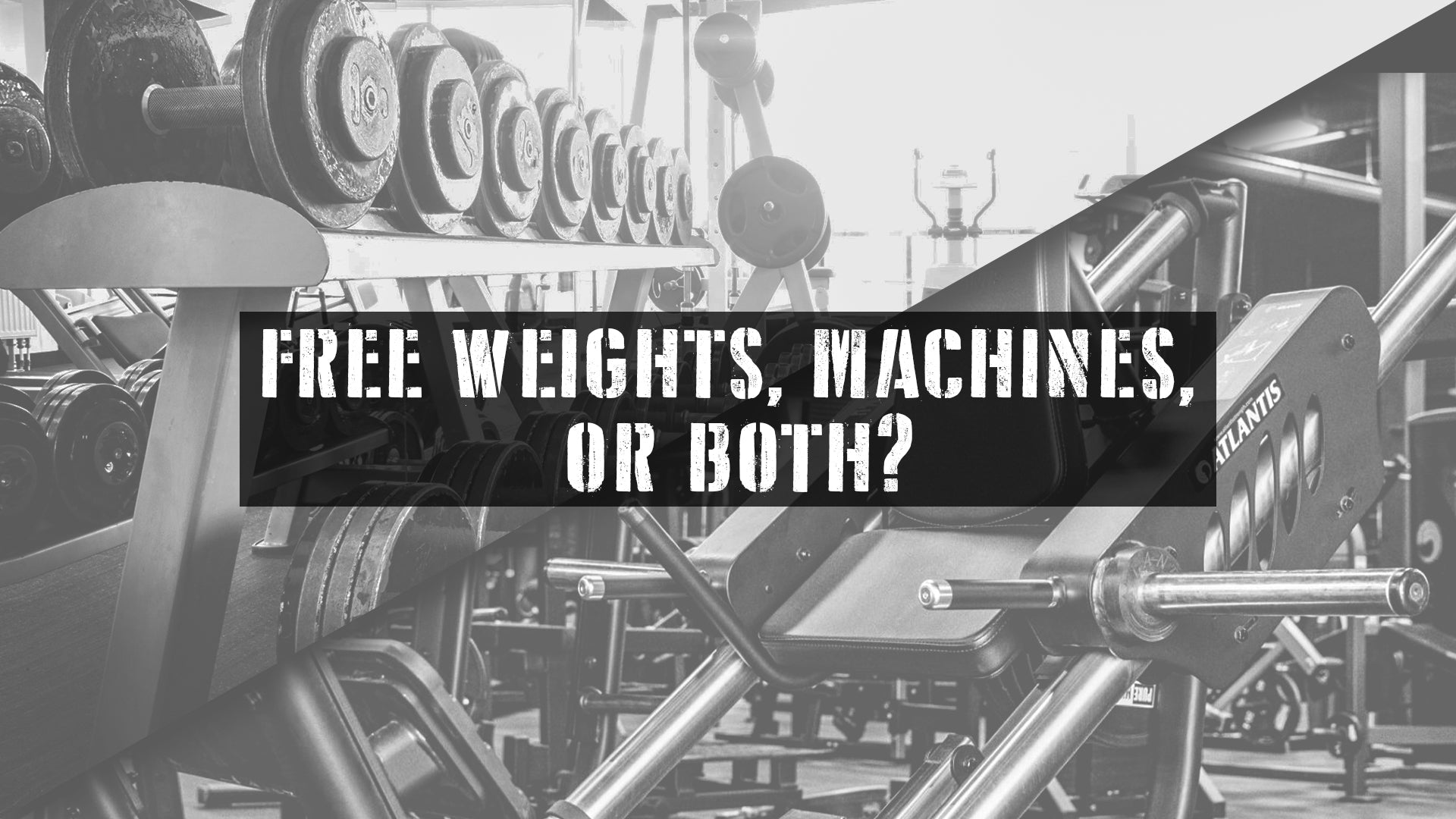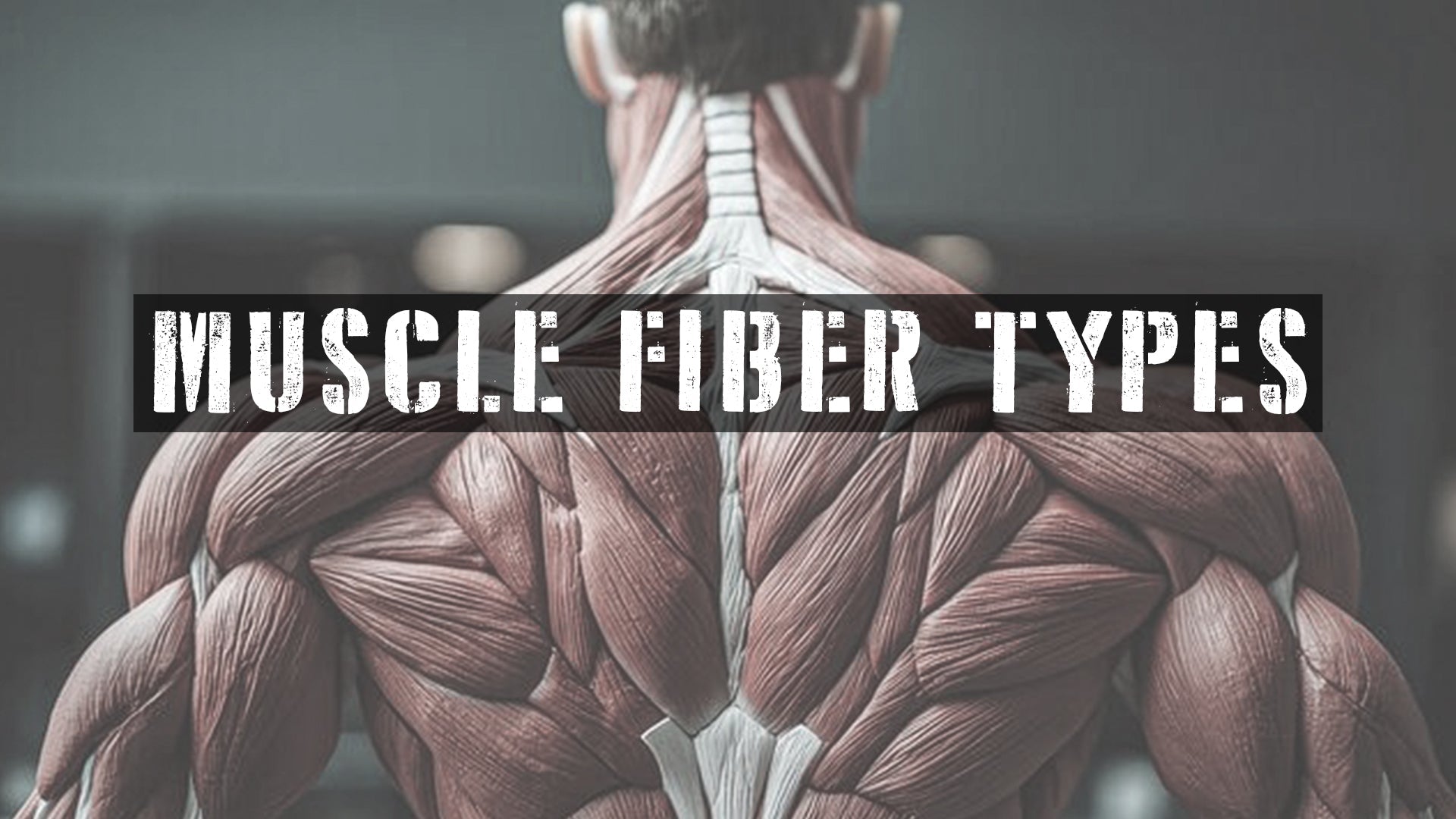Protein powder is one of the most popular supplements on the market. Any serious lifter depends on protein powder to help meet daily protein requirements. This is especially true if you lead a hectic lifestyle that disrupts your meal schedule. But, there are a lot of choices. For example, do you use whey? Or are you looking for a whey alternative? In this article, No Whey - Beef Protein vs Whey Protein, we’ll look at beef protein, a high-quality whey alternative, and check out the innovative 5% Nutrition protein blend.
What Is Beef Protein?
Specifically, beef isolate protein, because that’s what 5% Nutrition uses in Real Carbs + Protein and Shake Time. You may see some misinformation about beef protein so let’s find out what beef protein is not. Our beef protein is not the “leftovers” such as hooves, for example. Beef isolate begins as lean, raw beef. It then goes through a process of temperature-controlled cleaning to remove cholesterol and fat.
From there, it goes through a process of hydrolysis. This process breaks down large protein particles into smaller particles called peptides. Next, a cold filtration process removes unwanted particles, which leaves a highly bioavailable, concentrated protein mix. Finally, low-temperature evaporation removes any moisture. It’s then spray-dried into a powder.
The Benefits Of Beef Protein
Benefits include the following.(1)
- Does not contain lactose.
- High digestibility level.
- Low in carbohydrates and fat.
- High collagen content - supports joint, skin, and hair health.
- Medium-fast digestion rate.
- The protein content of beef is 97%.
- Highly bioavailable - comparable to whey.
- High BCAA content.
What Is Whey Protein?
Whey is a by-product of the process of turning milk into cheese. It contains proteins, peptides, lactose, fat, salt, and water. There are three types of whey protein, let's check out each one.(2)
- Isolate - This is the purest form of whey protein. It has the least amount of lactose and fat. It has a protein content of at least 90%.
- Hydrolysate - This is whey isolate broken down into smaller particles which improves digestion and absorption. It has a somewhat bitter taste.
- Concentrate - This is the most common whey protein. It also contains the most fat and lactose. Whey concentrate has a protein content of 70-80% protein, the rest is lactose and fat.
The Benefits Of Whey Protein
- Whey is a very fast-digesting protein. This is great in some situations, such as post-workout. It’s not so great at the start of a long day with limits to meals and shakes.
- It mixes well and typically tastes good.
- Whey, especially whey isolate, is low in carbohydrates and fat.
- Of the three types, whey isolate rates are especially high in all protein quality rankings.
- Whey isolate has a 90% protein content.
- High BCAA content.
What’s The Problem With Whey?
The problem with whey in the eyes of 5% Nutrition founder, Rich Piana, is that it is not real food. It’s a leftover manufactured product. Plus, unless you buy expensive whey isolate, you’re not getting a high protein content. For example, whey concentrate, the most common form in powders, only has a protein content of 70% - 80%. Some have even less.
The 5% Nutrition Real Food Protein Blend
5% Nutrition uses a real-food blend based on Rich’s belief that real food is ultimately the best way to go. If you have a choice, why go with a manufactured protein when you can use a product using only real food sources?
5% Nutrition uses a blend of proteins. This provides varying digestion rates, so you have a longer-lasting protein than whey. Our blend consists of Beef Isolate, Organic Chicken Powder, Whole Egg Powder, and Chickpea Powder. This outstanding blend is a very high-quality protein. Also, it helps create a high anabolic response like you’d get from a meal.
Real Carbs + Protein uses this blend and adds real food sources of carbohydrates. One serving gives you 20 grams of protein. Shake Time uses the same blend minus Chickpea Powder. One serving gives you 26 grams of protein.
Recap
Ultimately, when it comes to Beef Protein vs Whey Protein, it’s a matter of personal preference. However, if you’re a 5%er, you no doubt understand the importance of real food. That should carry over to your supplements, and it does with 5% Nutrition. So just say no to whey, and go with our advanced, real food-only protein blends!
References:
- Valenzuela PL, Mata F, Morales JS, Castillo-García A, Lucia A. Does Beef Protein Supplementation Improve Body Composition and Exercise Performance? A Systematic Review and Meta-Analysis of Randomized Controlled Trials. Nutrients. 2019; 11(6):1429. https://doi.org/10.3390/nu11061429
- Whey Protein 101: The Ultimate Beginner's Guide (healthline.com)
